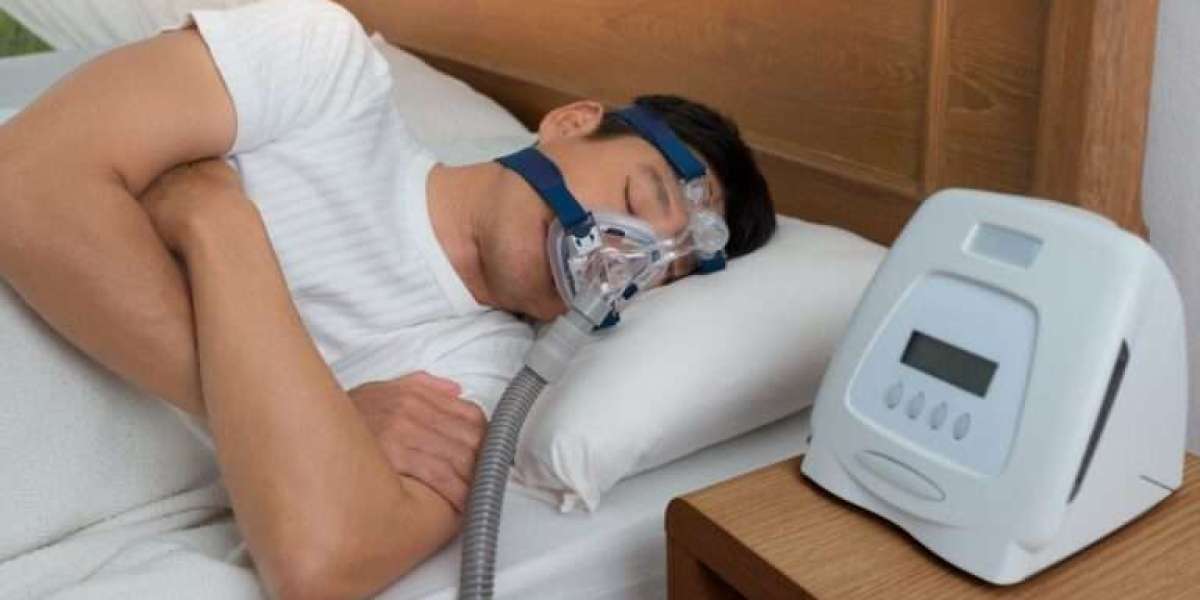Ever had a nasty sinus infection and suddenly felt like the room was spinning—or like your brain was wrapped in cotton? You’re not losing it. That off-balance, floaty feeling could actually be your sinuses messing with your inner ear. Yep, there’s a real connection between sinus infections and dizziness—and it’s more common than you might think.
Let’s explore how these two seemingly unrelated issues are actually linked, what symptoms to watch out for, and how you can treat (and prevent) this super annoying combo.
How Your Sinuses Can Throw Off Your Balance
We all know the classic sinus infection symptoms—congestion, facial pressure, maybe a headache that feels like a jackhammer. But dizziness? That one surprises a lot of people.
Here’s what’s really going on: the Eustachian tube, a narrow canal that connects your middle ear to the back of your nose and throat, helps regulate pressure in your ear. When your sinuses are inflamed or congested, that tube can get blocked, and the result is a messed-up sense of balance.
Here are the main ways your sinuses can lead to dizziness:
1. Eustachian Tube Dysfunction
This one’s a biggie. When the Eustachian tube gets blocked due to sinus inflammation, it can cause pressure to build up in your ears. That pressure throws off your equilibrium, resulting in dizziness, muffled hearing, and sometimes even ear pain.
2. Inner Ear Trouble
In more severe cases, sinus infections can trigger fluid buildup near the inner ear—aka your body’s balance center. That can cause vertigo, or that weird spinning sensation that makes it feel like your surroundings are tilting.
3. Increased Head Pressure
Swollen sinuses can increase the pressure inside your head, which might also affect blood flow. This pressure shift can make you feel lightheaded or mentally foggy.
4. The Postnasal Drip Effect
All that excess mucus has to go somewhere. When it drips down your throat and irritates the ear area, it can lead to feelings of nausea or just general “offness.”
Signs Your Dizziness Might Be Sinus-Related
Not all dizziness is tied to your sinuses, but it’s worth taking note if you’re also dealing with:
- A stuffy nose or nasal blockage
- Pressure or pain around your forehead and cheeks
- Postnasal drip or thick mucus
- Ear fullness or a popping sensation
- Headaches that get worse when you bend over
- That telltale vertigo or spinning feeling
If you’re nodding along, your dizziness might be rooted in your sinus issues.
When to See a Specialist (Don’t Just Ride It Out)
Most minor sinus infections resolve on their own, but if your dizziness sticks around, gets worse, or starts impacting your daily life, it’s time to see an ENT (ear, nose, and throat specialist).
You should definitely book an appointment if:
- The dizziness lasts more than a few days
- You get frequent sinus infections
- Your hearing feels different or off
- Balance issues make daily tasks feel unsafe
- Home remedies aren’t helping
Sinus-Related Dizziness: What Can You Do About It?
Depending on what’s causing the infection—bacteria, allergies, or chronic inflammation—there are several treatment options that can help clear up your sinuses and restore your balance:
- Saline nasal rinses: Great for clearing out mucus and opening blocked sinuses.
- Nasal corticosteroids: These reduce swelling and improve airflow.
- Antibiotics: If your infection is bacterial, a prescription might be necessary.
- Decongestants or antihistamines: Especially helpful if your sinus pressure is allergy-related.
- Balloon sinuplasty: A minimally invasive option that opens up blocked sinus passages.
- Steam therapy and hydration: Old-school, but super effective.
If your dizziness is caused by fluid in the ear, your ENT may recommend specific treatments aimed at restoring pressure balance.
Daily Habits to Keep Sinus Infections (and Dizziness) Away
A few lifestyle tweaks can go a long way in keeping your sinuses—and your balance—healthy:
- Use a humidifier to add moisture to dry indoor air
- Keep your allergies under control with appropriate meds
- Stay well-hydrated
- Avoid allergens and irritants like dust, smoke, and pollen
- Wash your hands often to avoid catching sinus-triggering viruses
Take a Breath—and Get Your Balance Back
Dizziness isn’t something to brush off, especially when it could be linked to recurring sinus issues. Luckily, you don’t have to live in a fog. Clinics like Ventura ENT offer specialized treatment plans, including non-surgical sinus relief like balloon sinuplasty, that can help you breathe easier—and feel steadier.
If you’re tired of feeling off-balance, don’t wait. Get the answers (and the treatment) you need to take back control of your health.
Ready to Clear the Fog?
If sinus infections and dizziness are messing with your day-to-day life, it’s time to take action. Book a consultation with an ENT specialist and explore options tailored to your unique needs. You deserve to breathe easy—and stay grounded.


